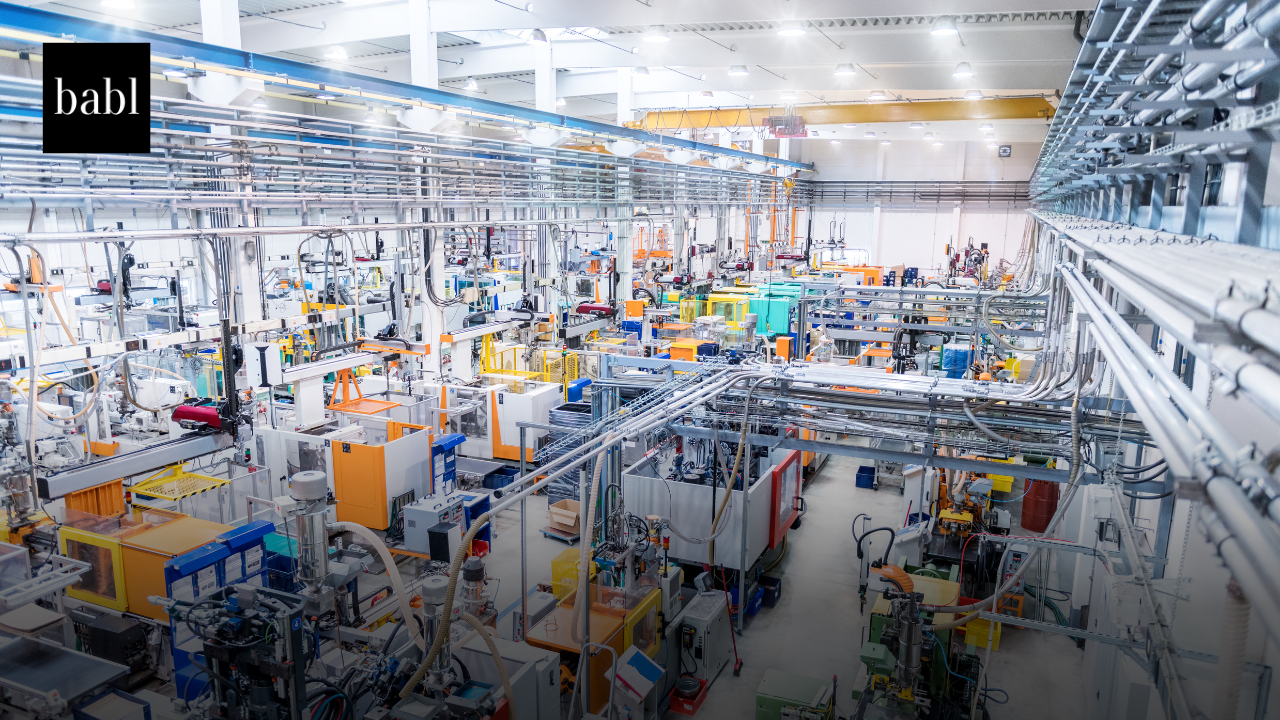A new artificial intelligence (AI) model designed specifically for manufacturing environments could redefine how U.S. factories operate, improving safety, efficiency, and competitiveness.
Developed by researchers at California State University Northridge’s Autonomy Research Center for STEAHM and supported by the U.S. aNational Science Foundation (NSF), the model — called MaVila (Manufacturing, Vision and Language) — uses advanced image recognition and natural language processing to identify defects, suggest fixes, and even issue machine commands in real time.
Unlike traditional AI systems that rely on generic internet data, MaVila is trained exclusively on manufacturing-specific inputs, giving it a deeper understanding of real-world factory operations. It can “see” flaws in 3D-printed parts, “describe” the issue in plain English, and recommend changes — bridging the gap between human workers and machines.
“What makes MaVila stand out is its accessibility,” researchers noted. Its training method requires significantly less data than other AI tools, making it practical for small and mid-sized manufacturers that lack the resources of industry giants.
The model was tested using photos of defective parts and then deployed in robotic simulations and mobile devices, demonstrating its ability to generate step-by-step instructions and adjust machine behavior without human intervention.
Training MaVila required massive computing power, supplied by NSF’s National Research Platform Nautilus and high-performance computing systems across more than 50 institutions, including UC San Diego.
NSF officials say the project is a key example of how public investment in AI and computing infrastructure is leading to real-world innovation.
“MaVila shows how smart, adaptable AI can empower human workers and strengthen U.S. manufacturing,” NSF officials said in a statement.
The technology could help revitalize domestic manufacturing, support economic resilience, and prepare American workers for the demands of tomorrow’s industrial landscape.
Need Help?
You might have questions or concerns about any global guidelines, regulations and laws. Don’t hesitate to reach out to BABL AI. Their Audit Experts can offer valuable insight, and ensure you’re informed and compliant.





